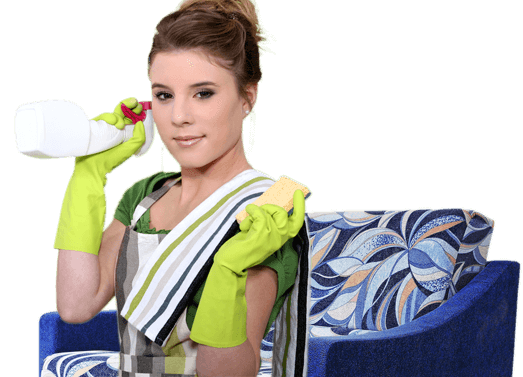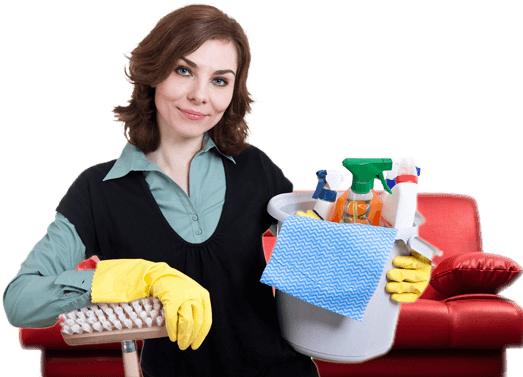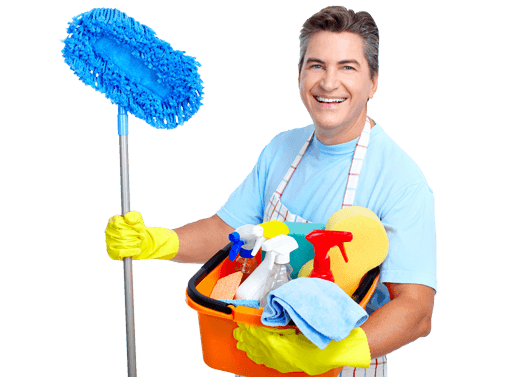Remove Unwanted Pet Odors to Elevate Home Comfort
Posted on 15/06/2025
Remove Unwanted Pet Odors to Elevate Home Comfort: Comprehensive Guide
If you share your living space with furry companions, you know that pet odors can creep in and linger despite your best efforts. Unpleasant pet odors not only impact the ambiance of your home, but can also affect the health and comfort of everyone residing there. Whether it's the tell-tale smell of wet dog, that undeniable cat scent, or the aftermath of an accident, removing unwanted pet odors is essential to elevating your home's comfort and making it more inviting to both guests and your own family.
Understanding the Source of Pet Odor
Before learning how to eliminate pet odors from your home, it's crucial to understand where these smells originate:
- Pet urine and feces: Accidents happen, and even a trace can leave lasting odors.
- Dander and fur: Pet hair and flaky skin contain proteins that emit smell over time.
- Saliva and sweat: Pets have glands in their paws and mouths that can contribute to musty odors.
- Outdoor elements: Pets can drag in smells from outside, including grass, dirt, and more.
The Importance of Removing Unwanted Pet Odors
A fresh-smelling home is not just about hospitality. Persistent pet odors pose various potential problems:
- Reduced Indoor Air Quality: Continuous pet odor diminishes air quality, which can lead to allergies or respiratory issues.
- Stubborn Stains: Odors often accompany stains that can become permanent if untreated.
- Negative Impression: Foul smells can turn away visitors and impact your overall enjoyment of your space.
- Health Hazards: Some bacteria associated with pet waste odors can even pose a health risk over time.
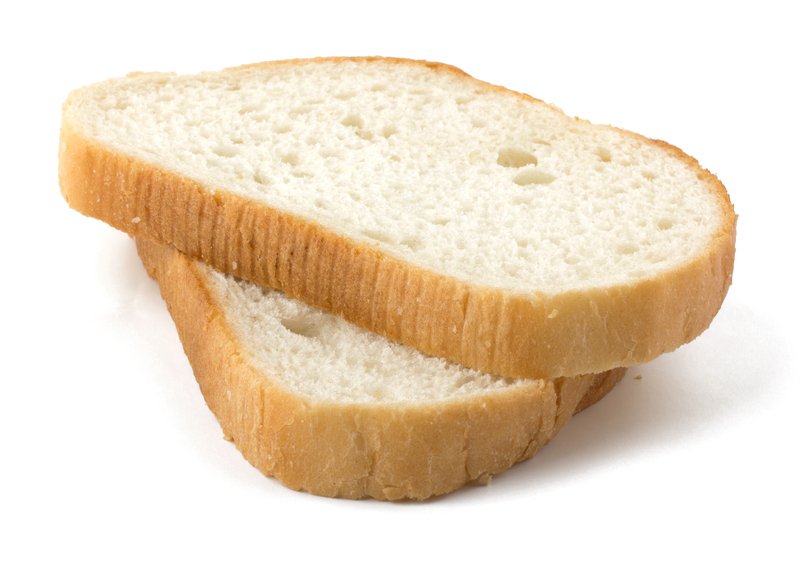
Effective Strategies to Remove Unwanted Pet Odors
1. Regular Cleaning Routine
Staying on top of routine cleaning is the first step to removing pet odors from your home for good:
- Vacuum frequently: Use a vacuum cleaner with a HEPA filter to trap dander and pet hair from carpets, furniture, and curtains.
- Wash pet bedding: Launder pet beds, blankets, and toys weekly using hot water and pet-safe detergents.
- Mop hard floors: Use an enzymatic cleaner to break down organic residue on hardwood and tile floors.
- Sanitize frequently-touched surfaces: Don't forget light switches, doorknobs, and baseboards where odors can linger.
2. Manage Accidents Immediately
Prompt action is crucial after a pet accident:
- Blot up as much liquid as possible with paper towels.
- Apply an enzymatic cleaner designed for pet waste to break down odor-causing molecules at the source.
- Allow the area to dry completely before permitting pets back into the space.
- For tough, repeated stains, consider renting or investing in a steam cleaner.
3. Tackle Pet Odors in Carpets and Upholstery
Carpets and upholstered furniture act as sponges, absorbing pet smells. Here's how to remove unwanted pet odors from soft surfaces:
- Sprinkle baking soda liberally over trouble spots, let it sit overnight, and then vacuum thoroughly. Baking soda neutralizes odors naturally.
- Use a carpet deodorizer specifically formulated for pet smells.
- Email your sofa and chairs with slipcovers that are easy to launder.
- If odors persist, professional deep cleaning may be required.
4. Rejuvenate the Air
Air quality plays a major role in your sense of comfort and cleanliness. Take these steps to eliminate airborne pet odors:
- Open windows and use fans daily to boost ventilation.
- Run an air purifier with a carbon or HEPA filter to capture fine particulates and smells.
- Simmer natural odor-neutralizing ingredients such as citrus peels, vinegar, or cinnamon sticks on the stove to freshen air.
- Place activated charcoal bags or odor absorbers around the home for a subtle, chemical-free effect.
5. Target Litter Box and Cage Odors
If you own cats, rabbits, or small pets, the litter box or cage is a primary source of odor. Elevate your home comfort by:
- Scooping litter daily and replacing it in full at least once a week.
- Scrubbing litter boxes and cages with soap and hot water regularly to prevent bacteria build-up.
- Using high-absorption or deodorizing litter to contain smells.
- Locating litter boxes in well-ventilated areas; avoid tight enclosed spaces where odors concentrate.
Natural Solutions to Remove Unwanted Pet Odors
DIY Pet Odor Remover Recipes
For those who prefer eco-friendly remedies, these cost-effective solutions help remove stubborn pet odors safely:
- Vinegar Spray: Mix equal parts white vinegar and water in a spray bottle. Spray onto fabric or hard surfaces and air dry.
- Lemon Juice: Dab diluted lemon juice on affected areas for natural sanitizing and odor elimination.
- Hydrogen Peroxide Solution: Combine one part hydrogen peroxide with two parts water. Spot test first to avoid bleaching.
Note: Always spot test homemade solutions on a hidden portion of the material before applying on visible areas.
Essential Oils for a Pleasant Aroma
Some essential oils offer both fresh scent and antibacterial benefits. Use these pet-safe oils in your diffuser:
- Lavender
- Chamomile
- Cedarwood (in moderation)
- Lemongrass (ensure your pets are not sensitive before use)
*Check with your veterinarian before using essential oils, as some can be harmful to pets.
Preventing Future Pet Odors
Tips to Keep Your Home Odor-Free
- Establish a grooming routine: Regular baths and brushing reduce dander, grease, and dirt that lead to foul smells.
- Maintain dental hygiene: Oral bacteria contribute to pet breath odor that can permeate your home.
- Choose washable surfaces: Machine-washable covers, rugs, and slipcovers simplify odor management.
- Pet-friendly furniture choices: Opt for leather or tightly-woven fabric, which doesn't trap as many smells as plush materials.
Addressing Behavioral Issues
Repeated accidents often point to a behavioral or health issue. To stop pet odors at the source:
- Reinforce house-training or litter box habits with positive reinforcement.
- Consult your veterinarian if new accidents start occurring, as medical issues may be to blame.
- Ensure your pets have plenty of opportunities for outdoor breaks or access to a clean litter box.
Professional Help for Persistent Pet Odors
Sometimes, removing persistent pet odors requires a professional touch:
- Professional Carpet and Upholstery Cleaning: Experts use industrial-grade equipment and products to deep clean fibers and eradicate odors at the source.
- Ozone Treatments: Specialized companies can perform an ozone shock treatment to neutralize severe or stubborn smells.
- HVAC System Cleaning: If odors persist, your ductwork or vents may be harboring pet dander--consider a professional cleaning service for your system.
Maintaining Home Value by Eliminating Pet Odors
Did you know that persistent pet odors can negatively impact the value of your home? If you anticipate selling your home or inviting guests for a long-term stay:
- Invest time in a deep clean specifically targeting pet spaces.
- Replace old carpeting or floors where smells have penetrated beyond the surface.
- Consider repainting walls as odors and stains can cling to old paint.
By presenting a fresh, odor-free living environment, you ensure a positive impression for future buyers or renters--and get more enjoyment out of your home in the meantime!
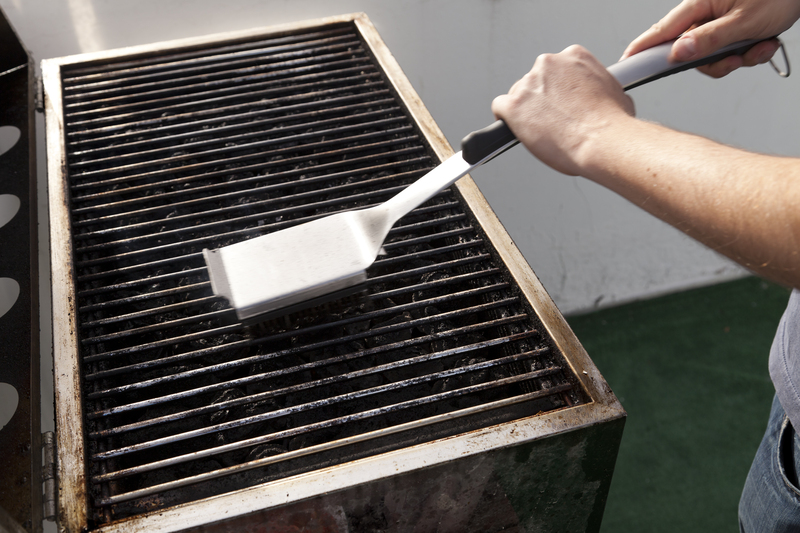
Frequently Asked Questions About Removing Pet Odors
How can I quickly remove pet odor from a room?
To quickly eliminate pet smells from a room, open windows for ventilation, sprinkle baking soda on fabrics, use an air purifier, and remove all soiled items or pet bedding for washing.
Are air fresheners or sprays enough to mask pet odors?
Air fresheners only mask the symptom. It is important to target the source with enzymatic cleaners or deep cleaning for effective and lasting results.
Can I use bleach to remove pet odors?
Avoid using bleach on pet stains, as it can react with the ammonia in urine and make the smell worse. Bleach also poses chemical hazards for pets and people alike.
Why do pet odors keep coming back?
Recurring odors usually indicate incomplete cleaning. Pet urine can seep deep into floors and fabrics, requiring enzymatic or professional treatments to fully remove.
Conclusion: Elevate Your Home Comfort by Removing Unwanted Pet Odors
Sharing your home with pets doesn't mean sacrificing freshness or inviting comfort. With a combination of regular cleaning, smart preventive strategies, and natural odor removal techniques, you can eliminate unwanted pet odors and reclaim the cozy, pleasant environment you deserve. Whether you're dealing with a new puppy, an older pet, or several four-legged family members, these actionable tips ensure that your living space remains welcoming, healthy, and truly pet-friendly--for the whole household!


